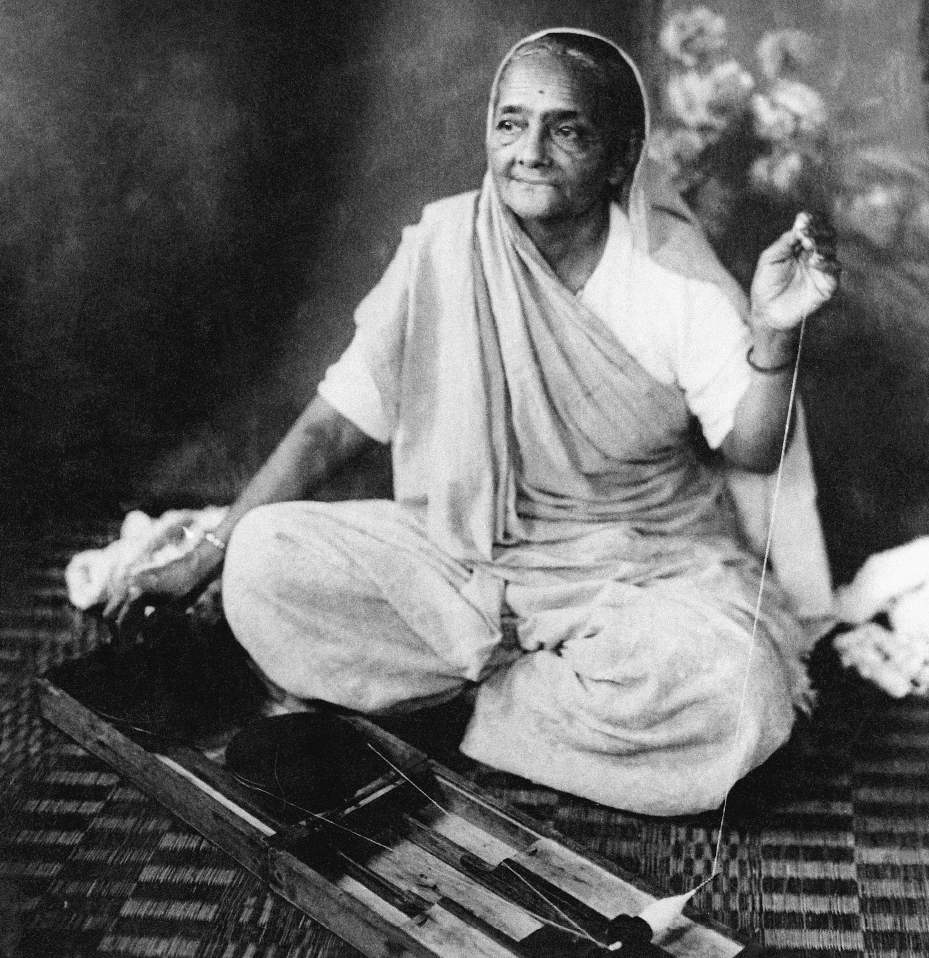Understanding World Societies:
Printed Page 882
Introduction for Chapter 29
29 NATIONALISM IN ASIA 1914–
> How did nationalism shape developments across Asia in the decades following the First World War? Chapter 29 examines nationalist movements in Asia in the decades following the First World War. The First World War sped the development of modern Asian nationalism. Before 1914 the nationalist gospel of anti-

LearningCurve
After reading the chapter, use LearningCurve to retain what you’ve read.
> CHRONOLOGY
| 1904– |
1925 |
| Russo- |
Reza Shah Pahlavi proclaims himself shah of Persia and begins modernization campaign |
| 1916 | 1927 |
| Sykes- |
Jiang Jieshi, leader of Chinese Nationalist Party, purges his Communist allies |
| 1917 | 1930 |
| Balfour Declaration establishes Jewish homeland in Palestine | Gandhi leads Indians on march to the sea to protest the British salt tax |
| 1919 | 1931 |
| Amritsar Massacre in India; May Fourth Movement in China; Treaty of Versailles; Afghanistan achieves independence | Japan occupies Manchuria |
| 1920 | 1932 |
| King of Syria deposed by French; Gandhi launches campaign of nonviolent resistance against British rule in India | Iraq gains independence in return for military alliance with Great Britain |
| 1920s– |
1934 |
| Large numbers of European Jews immigrate to Palestine; Hebrew becomes common language | Mao Zedong leads Chinese Communists on Long March; Philippines gains self- |
| 1923 | 1937 |
| Sun Yatsen allies Nationalist Party with Chinese Communists; Treaty of Lausanne ends war in Turkey; Mustafa Kemal begins to modernize and secularize Turkey | Japanese militarists launch attack on China; Rape of Nanjing |